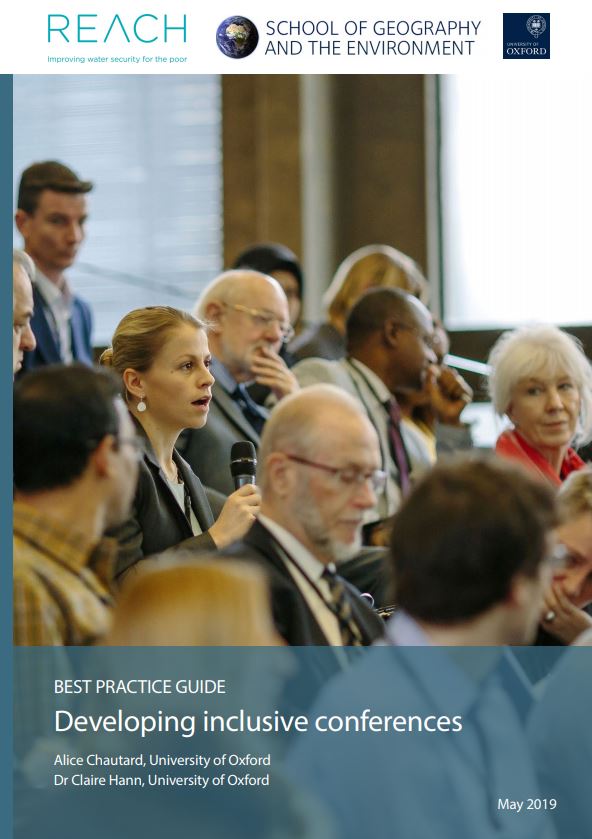Authors: Alice Chautard, Claire Hann
Conferences provide scientists and professionals with the opportunity to disseminate their work, network, and form collaborative relationships for future work – they are thus important for career development. However, for institutions organising conferences, these events are often also an opportunity to demonstrate excellence and showcase cutting edge work by leading professionals or academics. As women and many minority groups are still underrepresented in academic and scientific professions, especially in leadership roles, this is often reflected in the speaker lineup and other aspects of the conference programme and logistics.
This document is a practical ‘how-to’ guide to help conference organisers promote diversity of attendance and inclusivity of participation at events. It is wide-ranging in its coverage, incorporating sections on pre-event logistics; programme development and speaker selection; encouraging inclusive participation in Q&A sessions and networking events; representing diversity in conference communications; as well as how to prevent and deal with harassment and discrimination during the event and to support the needs of those with caring responsibilities.
The guide draws on examples of best practice from conferences around the world, and was also informed by the findings of the authors’ own online survey of more than 230 people working in higher education institutions, as well as the wider public, third and private sectors.
You can access the full guide by clicking on the link below, or read our brief of key take-away messages here.

